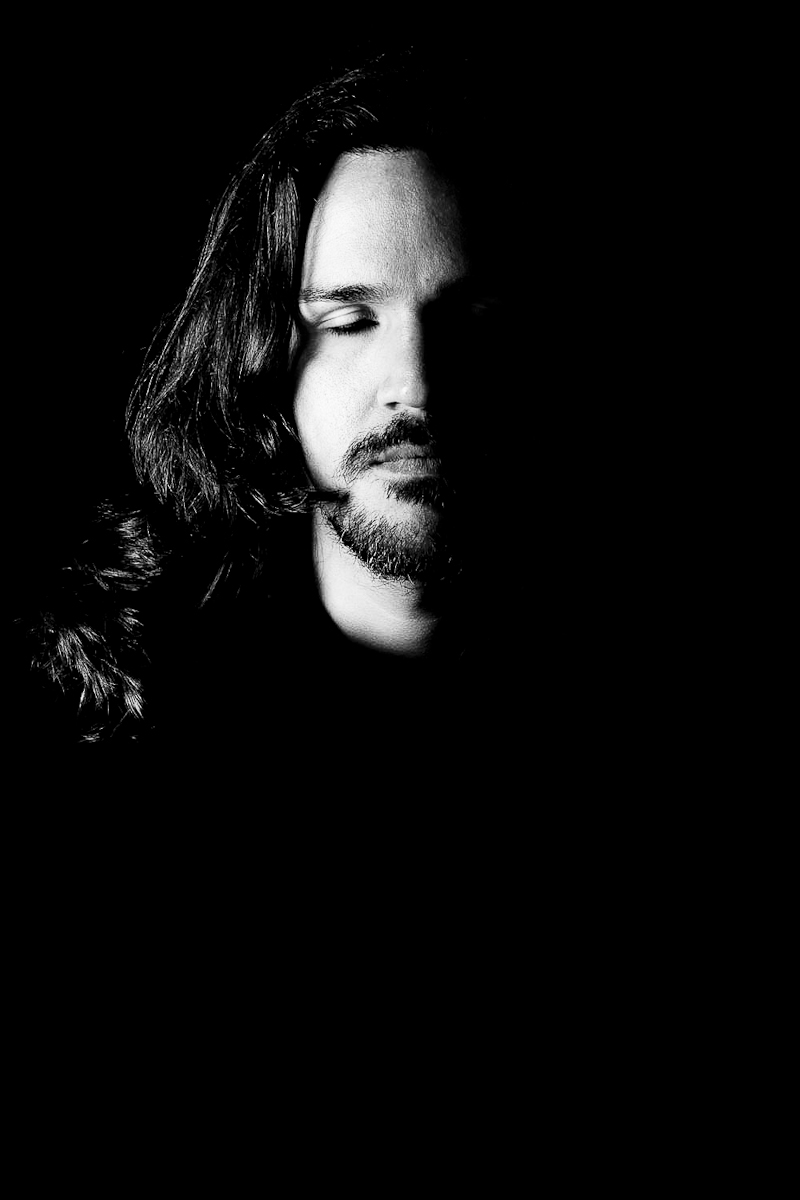La certeza del tabernero.
Sabía mucho de vino,
de madrugones en festivos
y de peleas de borrachos.
Olía a taberna desde crío.
Le educaron los cuchillos, las banderillas y
los chismes del barrio.
En su barra se acostaban tarde
ladrones, profesores y solteros sin remedio.
Y despertaban temprano
mujeres sin casa,
chulas sin las botas puestas
y adictas al aquí te pillo-aquí te dejo,
que querer duele y da mucha pereza.
... Pese a las tinieblas de su barra,
el tabernero era feliz,
con su gramática justa
para sobrevivir.
Porque aprendió una vez,
y nunca olvidaba,
que para darse un abrazo
hacen falta dos abrazos
-tu brazo en mi espalda, mi brazo en tu cuello-,
que para darse un beso
hacen falta dos besos
-tu boca en mi boca, mi boca en tus labios-,
y que 'TE QUIERO'
se escribe en presente,
con dos palabras
y un espacio en medio.
-------------
The certainty of the barman.
He knew much about wine,
about getting up really early on holidays
and about fighting amongst drunks.
He smelt to bar since he was a child.
He was educated by knives, tapas and gossips of the neighbourhood.
Thieves, teachers and hopelessly singles laid down late on his bar.
And very early woke up homeless women, looking cool with their boots off
and addicts to the “I get you and I leave you”,
as the love hurts and what a drag!
... Despite the darkness of his bar,
the barman was happy,
with his grammar,
enough to survive.
Because he learnt once,
and never forgot,
that for a hug
two hugs are needed
- your arm on my back, my arm on your neck-,
and for a kiss
two kisses are needed
-your mouth in my mouth, mi mouth in your lips-,
and that “I LOVE YOU”
is written in simple present,
with three words,
and a space in the middle.

